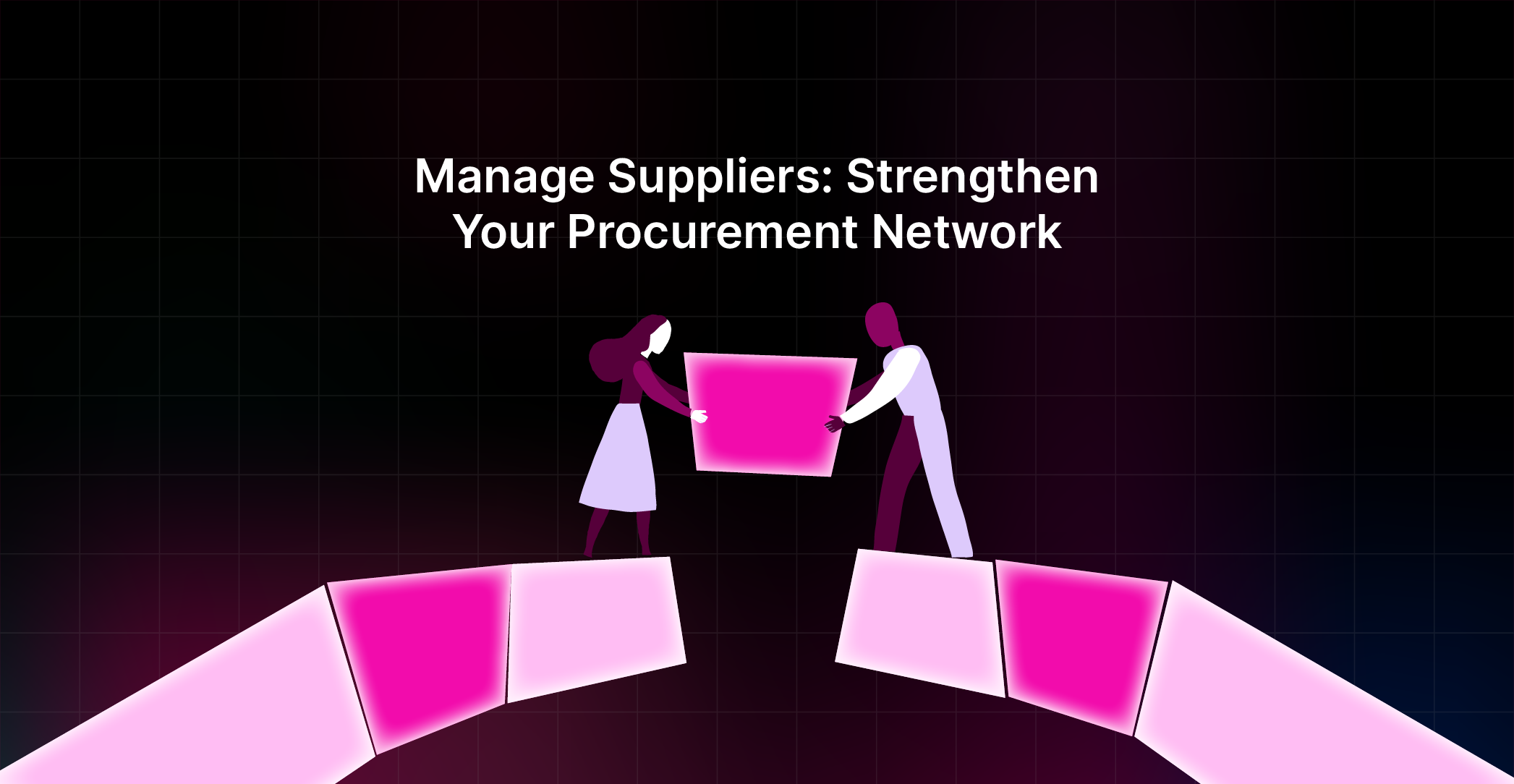

Guide To Hackerone Pricing: What Customers Pay?

Guide To Hackerone Pricing: What Customers Pay?
Discover HackerOne's pricing plans and how to negotiate the best deal for your organization.


HackerOne is a leading platform for crowd-sourced security testing, offering various pricing tiers to accommodate organizations of different sizes and needs. While the company does not publicly disclose its exact pricing, the following information is based on official list price ranges and insights from contract negotiations, suggesting that HackerOne offers significant price flexibility. For HackerOne, companies can expect to pay between $15,000 and $50,000 annually, depending on their specific needs and organizational size. Smaller organizations might find themselves on the lower end of the spectrum, while larger enterprises with more extensive security requirements could see costs approaching the higher end. Custom solutions are available for businesses with unique demands, with pricing provided upon request.
How to Get a Better Deal on HackerOne?
1. Leverage Your Security Posture and Commitment:
Highlight your organization's commitment to security and any existing investments you've made in cybersecurity. If you have a strong security posture or have recently implemented other security measures, use this to demonstrate your dedication to protecting your assets. HackerOne may be more willing to offer discounts or better terms to organizations that prioritize security.
2. Explore Multi-Year Contracts:
Consider committing to a multi-year contract with HackerOne. Many companies offer discounts for longer-term commitments, as it provides them with predictable revenue and reduces their customer acquisition costs. Discuss the possibility of signing a two or three-year contract in exchange for a reduced price or additional benefits, such as dedicated support or training resources.
3. Inquire About Referral Discounts:
Ask if HackerOne offers any referral discounts or incentives. Some companies provide discounts to customers who refer new clients to their platform. If you know other organizations that could benefit from HackerOne's services, mention your willingness to make introductions or provide testimonials in exchange for a referral discount on your own subscription.
HackerOne Core Features

HackerOne offers a comprehensive suite of preemptive security solutions called the HackerOne Attack Resistance Platform. This platform combines the expertise of ethical hackers with advanced automation to protect your digital assets. The core features include:
HackerOne Alternatives:
Bugcrowd
Bugcrowd offers a crowd-sourced security platform with a wide range of testing options, including vulnerability disclosure, bug bounty, and penetration testing. Provides a global community of trusted security researchers and a user-friendly platform for managing bug bounty programs. Bugcrowd's pricing varies based on the size and complexity of the program, with options for managed and self-managed solutions.
Synack
Synack combines a crowd-sourced security testing approach with AI-powered vulnerability scanning and verification. Offers a more selective pool of security researchers, known as the Synack Red Team, who undergo background checks and skills assessments. Synack's pricing is based on the scope and duration of the testing engagement, with options for continuous testing and on-demand assessments.
Cobalt
Cobalt provides a pentest-as-a-service platform that combines automated vulnerability scanning with manual testing by a team of vetted security professionals. Offers a collaborative platform for managing pentests, communicating with testers, and tracking remediation efforts. Cobalt's pricing starts at $2,500 per month for a basic plan, with custom enterprise plans available based on specific needs.
Other alternatives to consider include Intigriti, YesWeHack, and Zerocopter.
How Spendflo Can Help You Get Better Deals on HackerOne
Negotiating with HackerOne can be tricky, especially if you're not familiar with the nuances of their pricing model or the tactics used by their sales team. At Spendflo, we have the expertise and market intelligence to help you secure the best possible deal. Our team will analyze your specific needs and compare them against industry benchmarks to ensure you're getting a fair price. We'll also handle the negotiation process on your behalf, using our knowledge of HackerOne's cost structure and our experience in contract negotiations to get you the most favorable terms.
To learn more about how Spendflo can help you save on HackerOne and other cybersecurity tools, click here for a free consultation with one of our experts.

Frequently Asked Questions about HackerOne Pricing (FAQs)
What is the pricing structure for HackerOne?
HackerOne offers various pricing tiers based on the size and needs of the organization, with options ranging from the Starter and Pro plans to custom enterprise solutions. Prices vary depending on factors such as the number of users, the number of monthly testing attempts, and the level of support required. The Starter plan is priced at $1,200 per year with conditions permitting 1 user and up to 10 attempts per month.
What are the main benefits of using HackerOne?
HackerOne provides access to a global community of ethical hackers who can help identify and report vulnerabilities in your systems and applications. The platform offers a structured and managed approach to vulnerability disclosure and bug bounty programs, reducing the risk of security breaches and protecting your digital assets.
Can I run a private bug bounty program on HackerOne?
Yes, HackerOne offers the option to run private bug bounty programs, which allow you to invite a select group of researchers to test your applications and systems. This can be useful for organizations that want to maintain a higher level of control over their testing process or have sensitive assets that require additional security measures.










.png)




.png)
.png)















